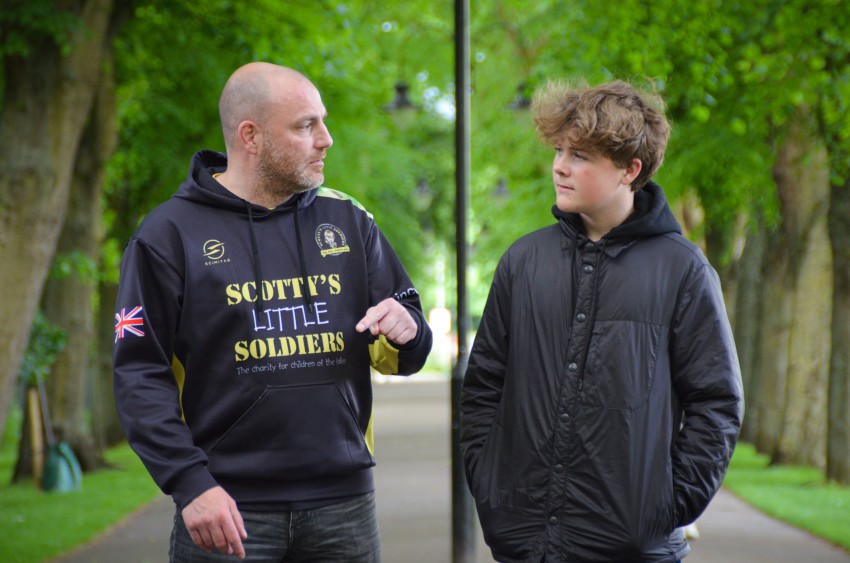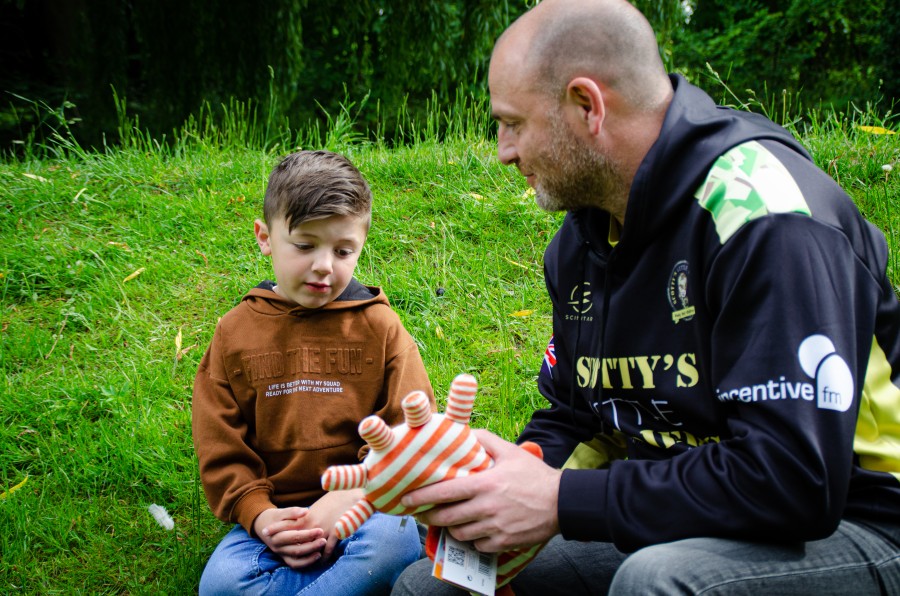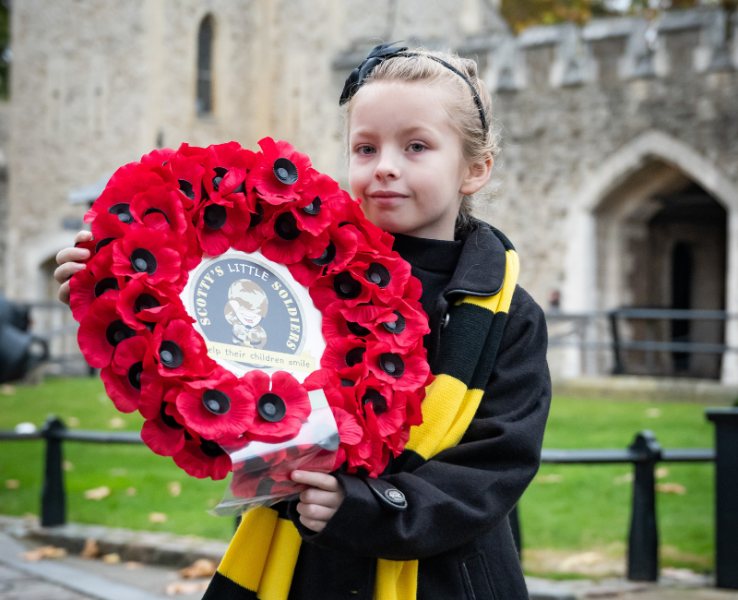Navigating children’s behavioural changes after the death of a parent
The death of a parent is a hugely impactful event for any child, and something which can affect them in a wide variety of ways. For some children, their grief can lead to behavioural challenges at home, school, or both. These changes in behaviour can be even more pronounced for a bereaved military child who, as well as dealing with the death of their parent, may also feel suddenly disconnected from the military community they grew up in. As a parent or carer, addressing these issues with empathy and understanding is crucial.
Scotty’s Little Soldiers, the charity for bereaved military children and young people, support hundreds of bereaved British Forces children and young people aged 0-25 years. This article discusses some strategies to help children feel empowered while discouraging bad behaviour and is aimed at parents or carers offering support.
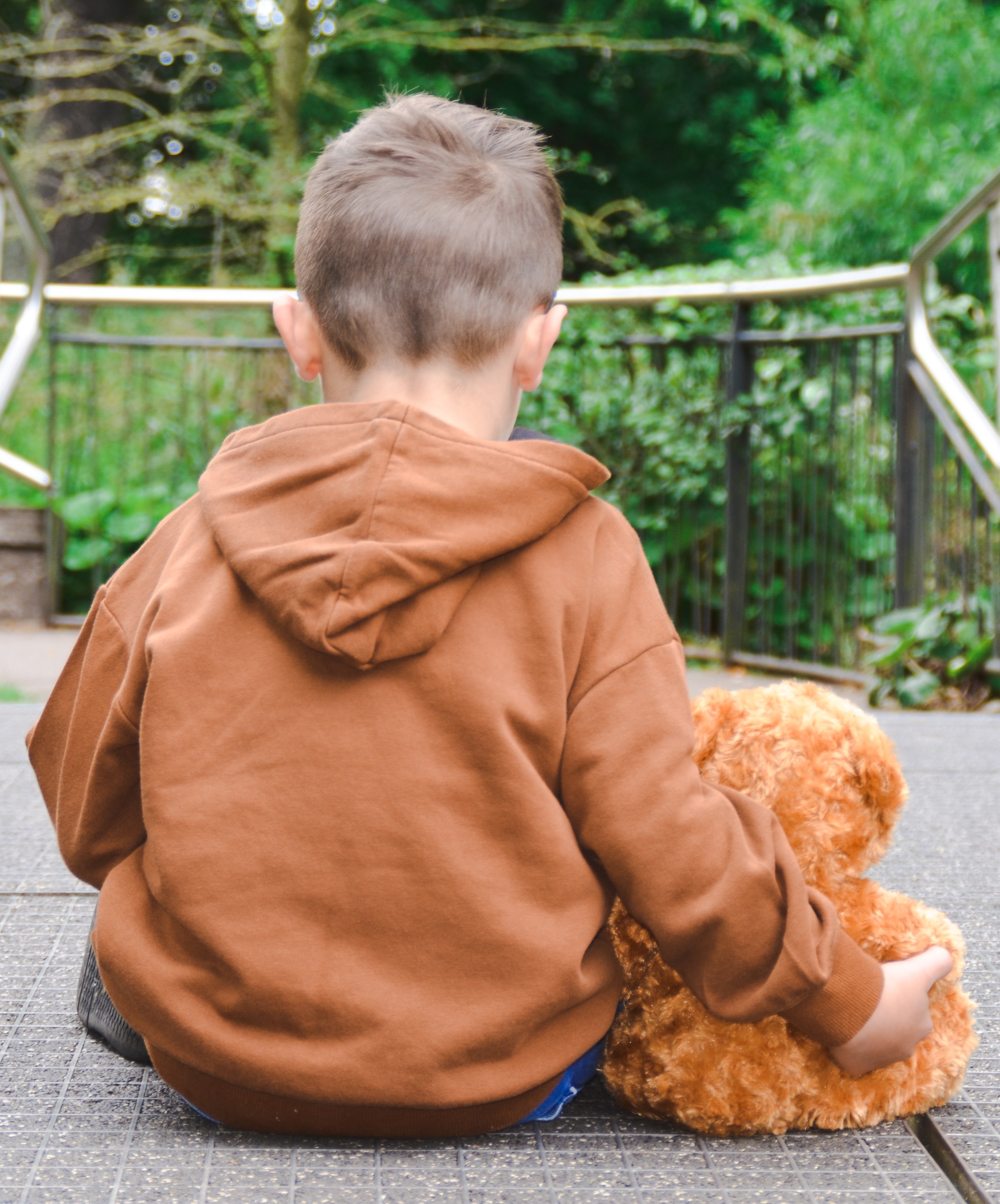
Validating emotions in bereaved children
Grieving children may exhibit challenging or unusual behaviour because of multiple emotions, from sadness and anger to confusion and guilt. It’s important to acknowledge these feelings as valid responses to their bereavement. Encourage open communication and show by example that it's okay to talk about death. Let them know it's good to express their emotions and suggesting some ways they could do so – such as conversation, art, or writing.
Creating a supportive environment after a parent dies
Create a nurturing environment with a focus on routine. When children experience the death of a parent, their world changes overnight, which can create feelings of great insecurity. Routine and stability can help them manage this and provide firm footing during a time when everything can feel like it’s changing. Some children may also benefit from being given clear boundaries and rules to follow. It might feel difficult or unfair to impose certain rules at such a difficult time, but children cope better with some certainty from their caregivers, as it helps them understand what is expected of them at a time of confusion.
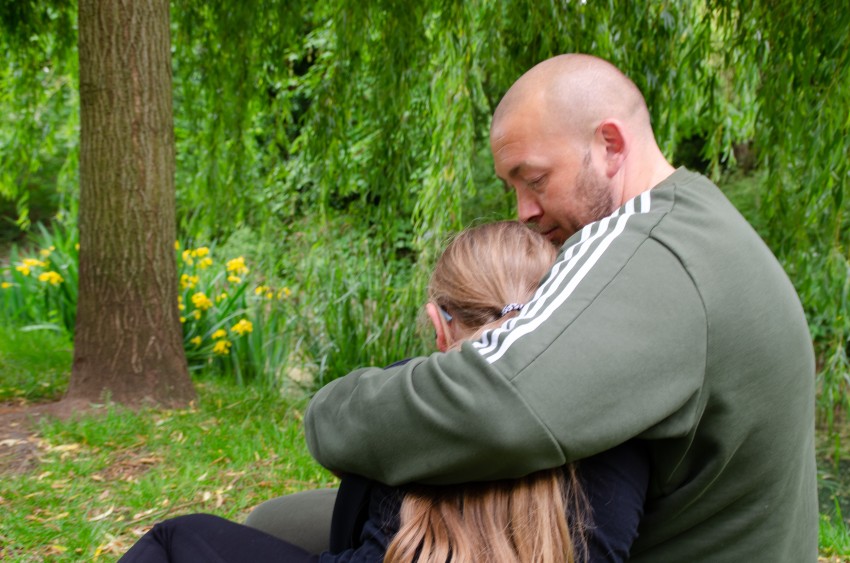
Informing schools of a bereavement
It’s important to make sure your child’s place of education and any extra-curricular clubs they attend are aware of their bereavement, so they understand why changes in behaviour are occurring. Try to give them an insight into how your child is feeling and ask for their support in understanding any further differences in behaviour or academic performance when they return to school.
Support networks for bereaved children
Encourage your child to connect with a trusted adult, bereavement support worker or counsellor at their education setting or an extra-curricular club. Establishing support networks like this can offer more ways for your child to express their feelings and seek support when not at home.
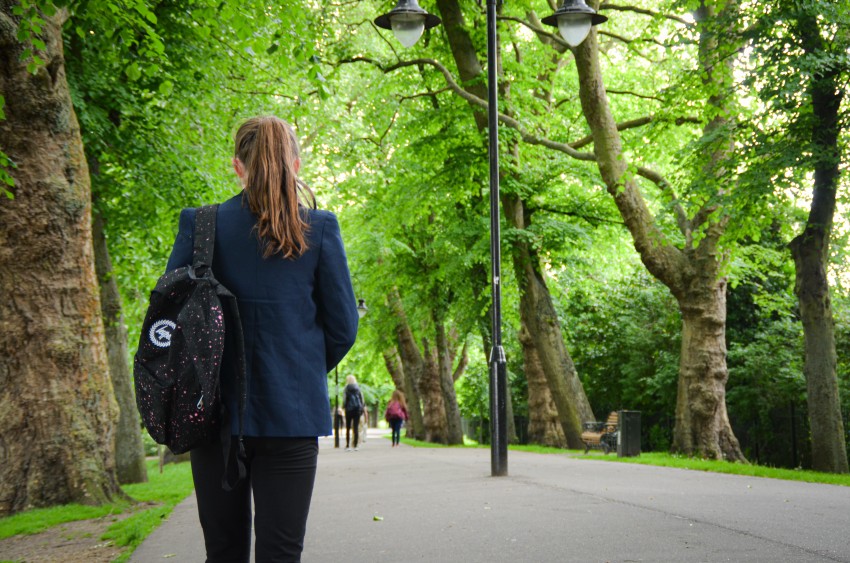
Dealing with concentration issues at school
One of the most common effects of childhood bereavement that children face in school is trouble concentrating, which can sometimes lead to challenging or unusual behaviours. Encourage breaks and offer ideas to help them focus, such as concentrating on short, achievable goals. Speak with teachers to create a flexible learning environment that supports your child's needs.
Combatting bullying after a bereavement
While most of our children’s peers will be kind and respectful of their loss, some young people will have no understanding of what a bereaved child is experiencing. In certain cases, children can even be bullied for their bereavement. Ask your child to be open and honest about their experiences with yourself and other trusted adults and inform your child’s education setting immediately if any bullying is detected.
Click here for more advice on how to help a child deal with bullying.
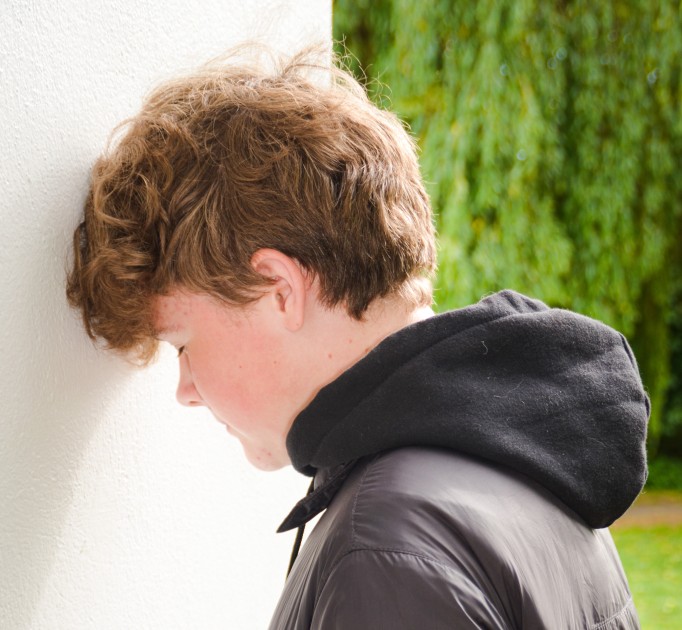
Supporting bereaved children on significant dates
Be mindful of significant dates related to a parent’s death. These can include anything from the anniversary of their death to birthdays, holidays, and more. A bereaved child’s behaviour is likely to fluctuate in the lead up to and around these emotional times of year, so try to anticipate them and be ready to provide extra support. If your child is comfortable to do so, discussing these dates beforehand can be a good way to help prepare them for potentially difficult feelings. You can decide together how to acknowledge those occasions.
Childhood bereavement support
Navigating a child's behavioural issues at home and at school following the death of a parent requires patience, empathy, communication and a structured supportive environment. If your child is a member of Scotty’s Little Soldiers, the charity for bereaved military children, then they are also entitled to 1:1 bereavement support with our Child and Young Person Bereavement Support Worker.
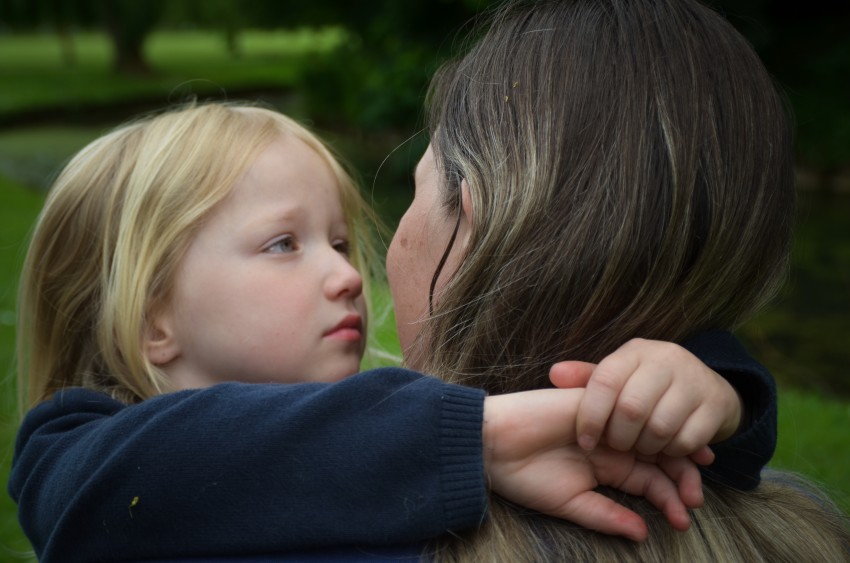
About Scotty’s
Scotty’s Little Soldiers is a military charity dedicated to supporting children and young people (0 to 25 years) who have experienced the death of a parent who served in the British Armed Forces.
Inspired by the experience of Army widow Nikki Scott, following the death of her husband Corporal Lee Scott in Afghanistan in 2009, the charity, which was set up in 2010, provides support and guidance to hundreds of bereaved military children and young people throughout their childhood.
In 2023, Scotty’s supported over 650 members. Services offered include access to child bereavement support, guidance to parents and carers, personal education and learning assistance (including grants), and fun activities such as holiday respite breaks and group events. These are all designed to remind the children and young people supported by Scotty’s that they are not alone.
If you know a child or young person who has experienced the death of a parent who served in the British Armed Forces, they could be eligible for specialist bereavement support from Scotty's Little Soldiers. Hundreds of bereaved military children aren’t getting the support they need but we are here to help.
If you know a bereaved military child who could benefit from Scotty’s Little Soldiers support, visit our Get Support page for more information.
